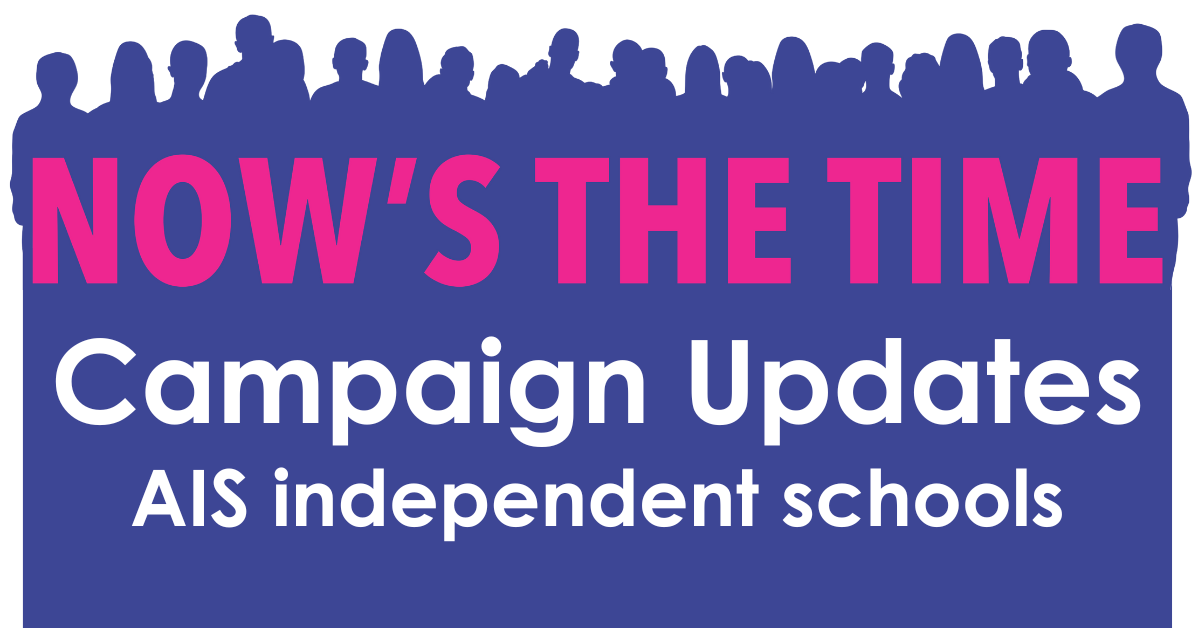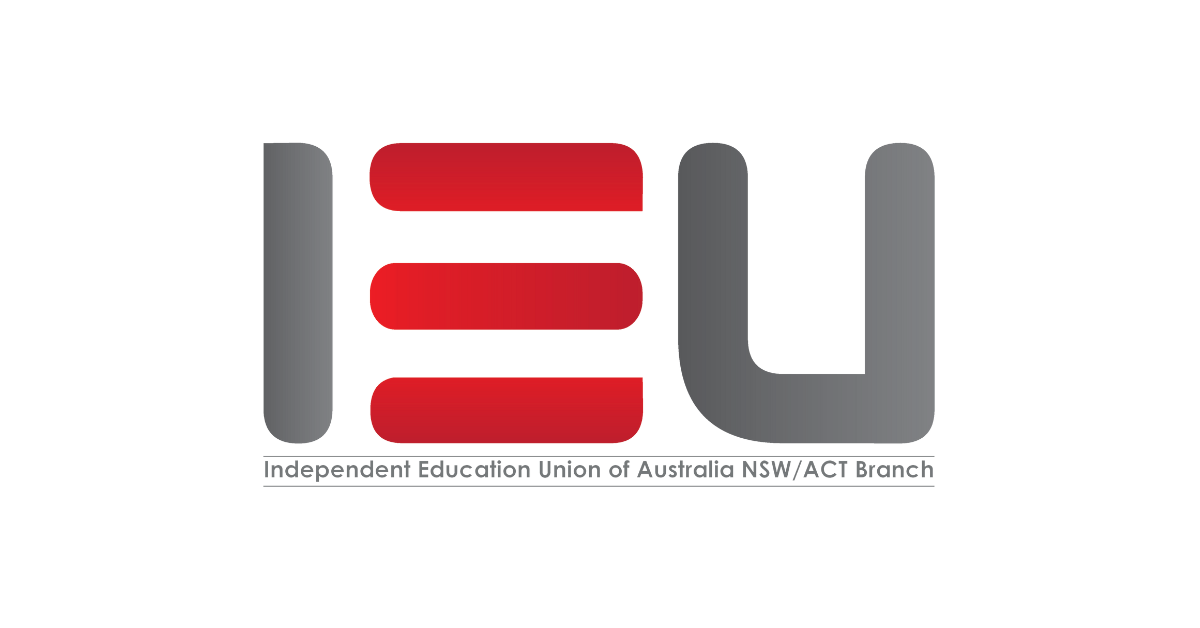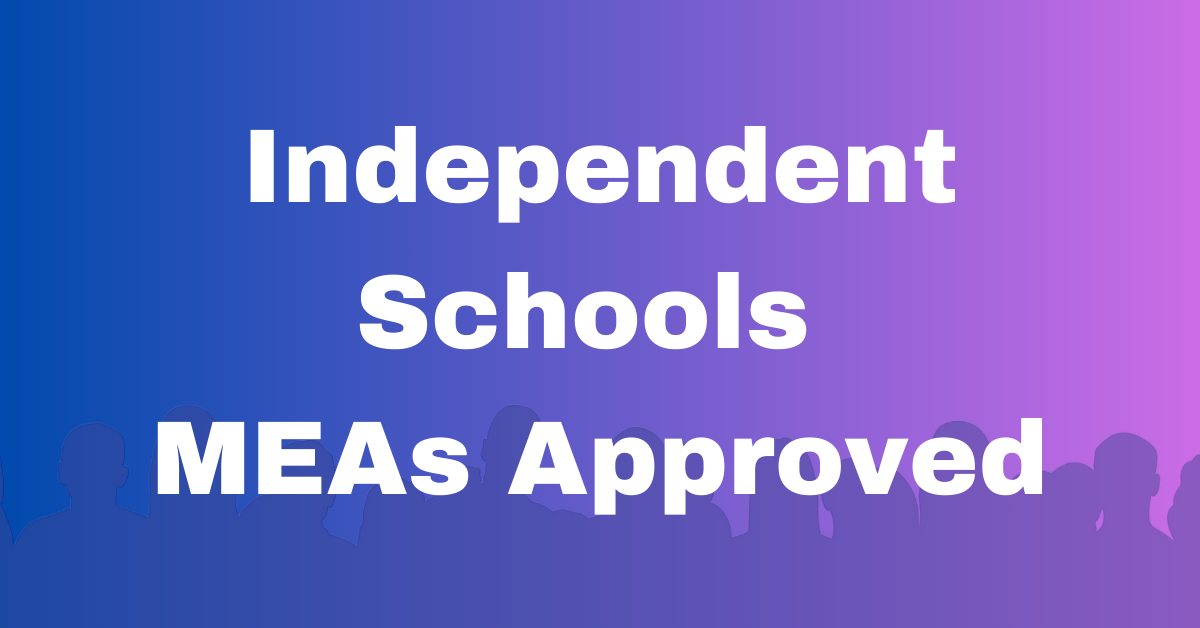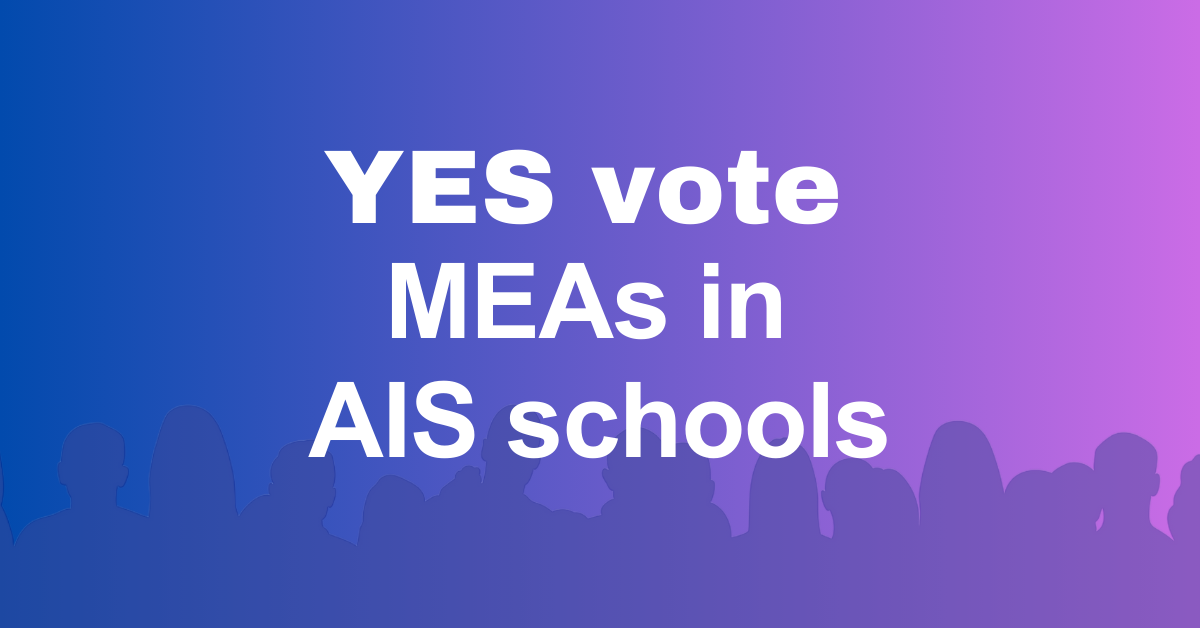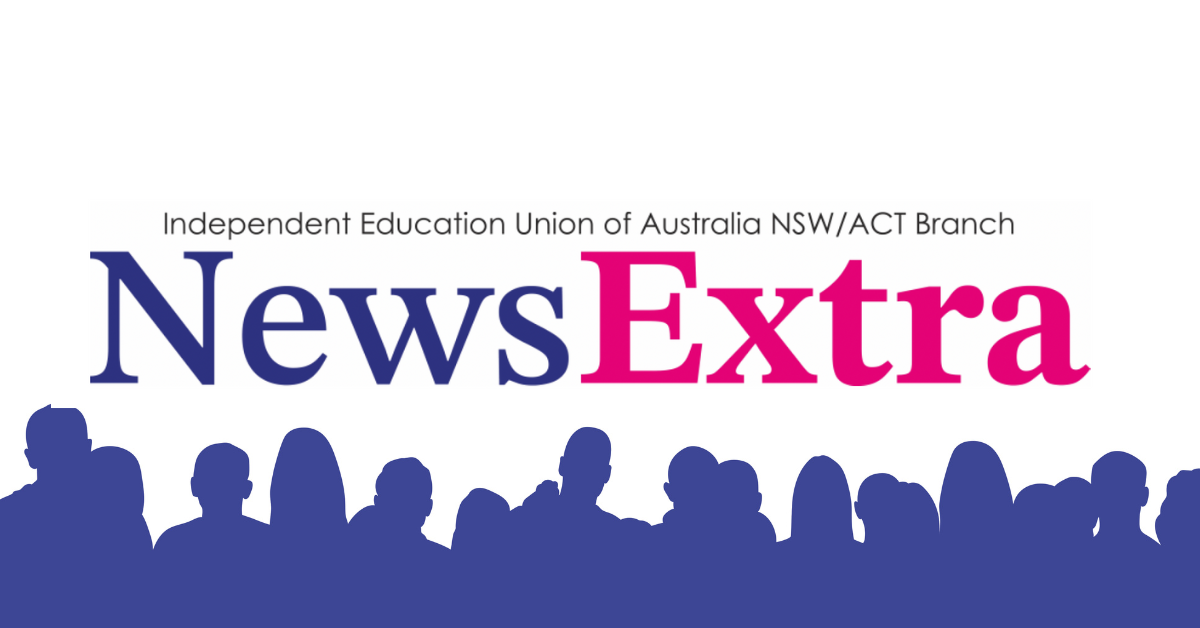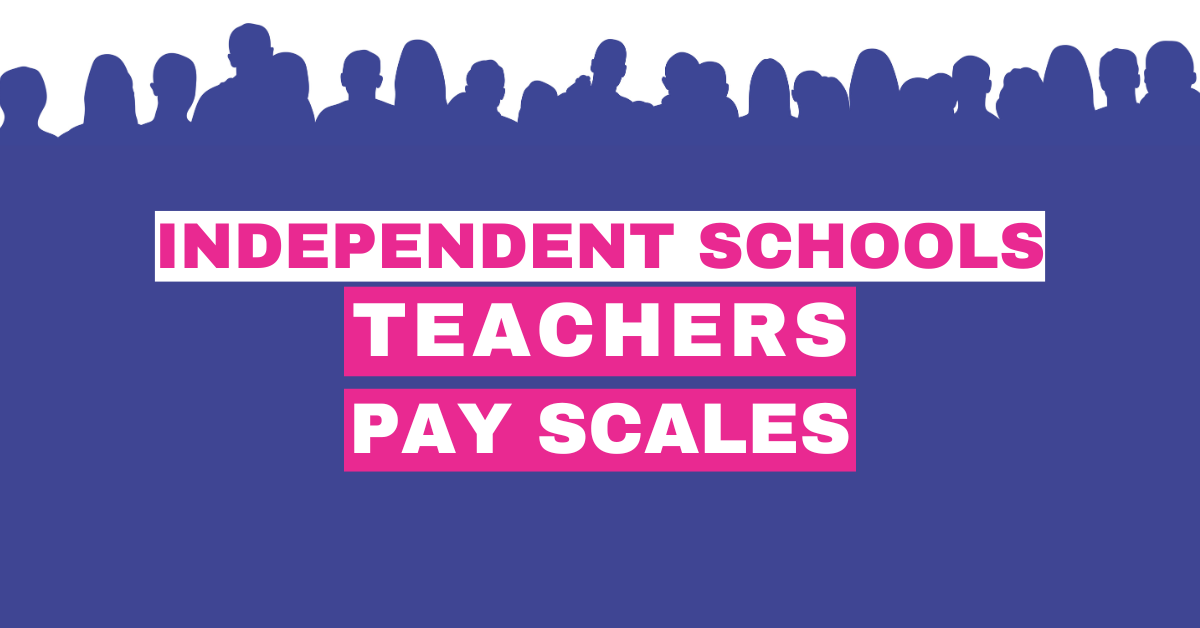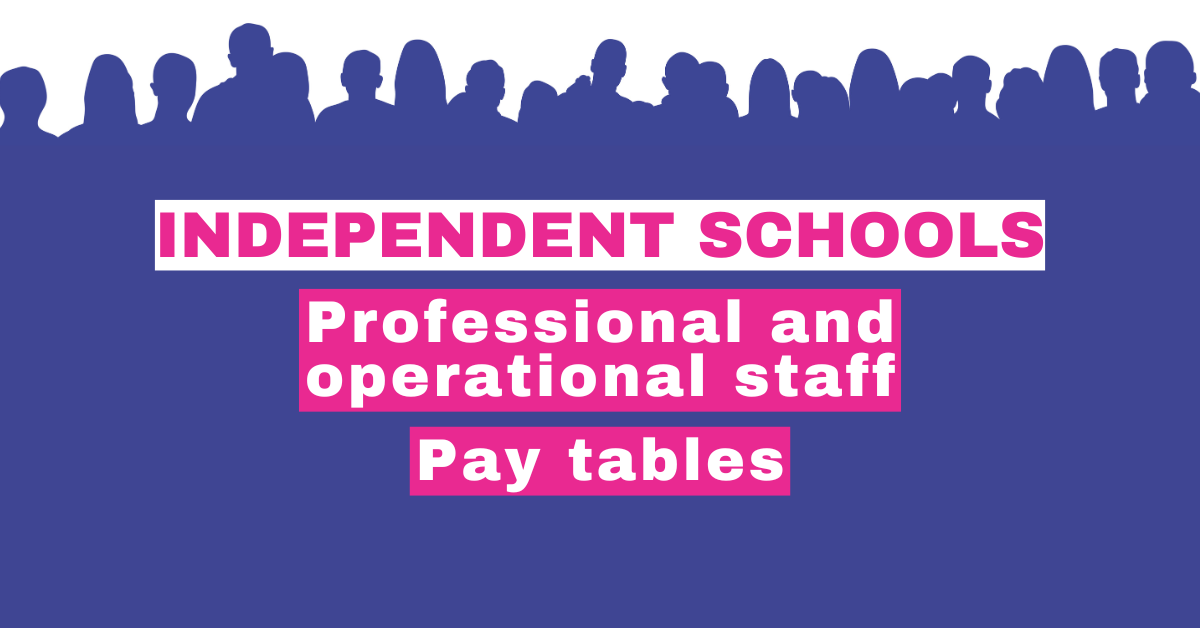Overview
The independent school sector in New South Wales (NSW) and the Australian Capital Territory (ACT) has experienced remarkable growth in recent years and continues to expand as a prominent part of the non-government education landscape. This sector is characterized by its diversity, encompassing various community-based, religious faith-based, and innovative pedagogical approaches to learning, including the Montessori and Steiner education models.
Additionally, non-denominational independent schools have emerged to cater to the educational needs of international communities now residing in Australia. Many of these independent schools offer comprehensive educational pathways from early years to the Higher School Certificate (HSC) on either single or multiple campuses, supported by inclusive industrial agreements for their teaching and operational staff. Some schools also provide the International Baccalaureate alongside the HSC credential.
In 2006, a significant group of independent schools in NSW, collectively represented by the Association of Independent Schools (AIS), introduced a groundbreaking teacher salary structure. This new framework replaced the conventional years-of-service-based model with a three-tier band system aligned with teacher accreditation levels determined by the teacher registration authority (NESA). Additionally, it introduced a new category called “Experienced Teacher,” which received higher remuneration.
This transformation marked a departure from the traditional approach of salary determination based solely on years of service. It also resulted in substantial salary increases, particularly benefiting early career teachers and expediting their progression to higher salary bands. The specific Multi Enterprise Agreement (MEA) formulated to implement these changes became known as the “Standards Model Agreement.” As of 2023, it encompasses 110 individual schools and colleges.
In addition to the teacher-focused MEA, there is a separate agreement in place to address the various roles and responsibilities of Support and Operational Staff within these independent schools. This agreement covers a broad spectrum of roles, including those related to education, administration, counselling, technology, nursing, maintenance, groundskeeping, and on-campus facilities such as canteens and shops.
In 2017, a group of approximately 85 independent schools proposed a novel agreement known as the “Hybrid Model Agreement.” This agreement combines elements of the incremental salary model with the standards-based approach. It provides a path for teachers to reach higher salary levels, particularly the Experienced Teacher classification, albeit over a more extended time frame compared to the original Standards Model Agreement. Notably, some independent schools have chosen to retain the traditional incremental salary model within their MEAs.
Why the IEU?
The Independent Education Union (IEU) is crucial in advocating for improved salaries and working conditions across the independent school sector. Through a multi-enterprise bargaining approach, the IEU negotiates regularly with AIS to secure better remuneration and enhanced entitlements for both teachers and support staff working in this diverse educational sector. This approach ensures that resources are not expended on individual school-level negotiations, which often yield unequal and disproportionate outcomes. Instead, it guarantees that all union members, including those in smaller, less-resourced schools or areas facing socio-economic challenges, can benefit from fair and equitable conditions comparable to their colleagues in more affluent regions and communities.
Recent Independent AIS Schools News
Read more news here.

